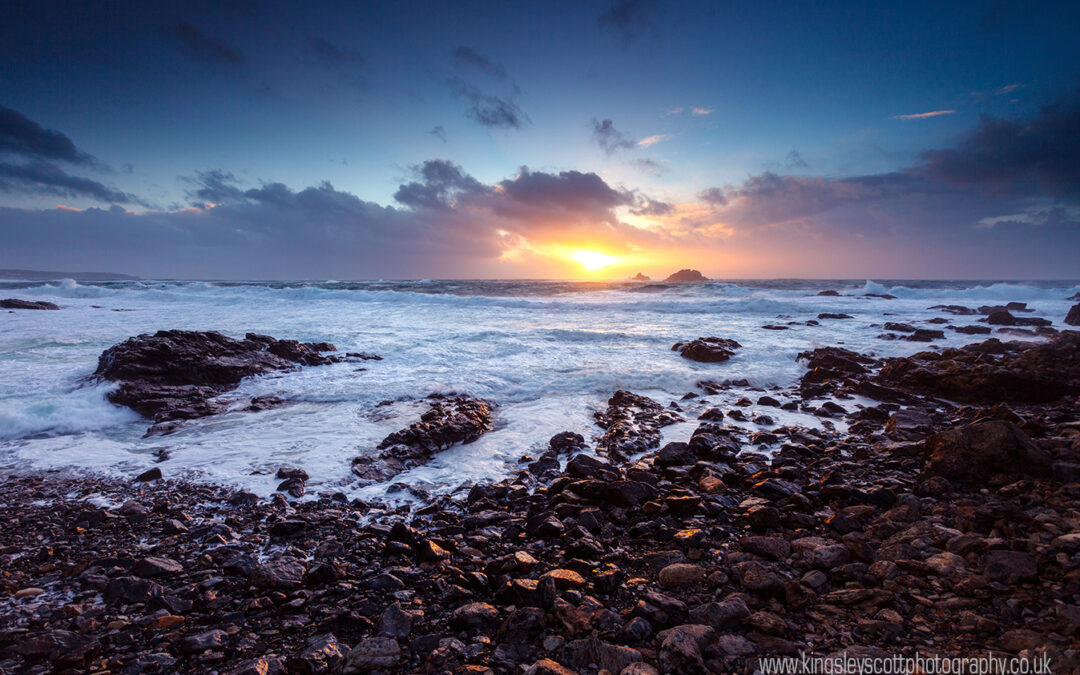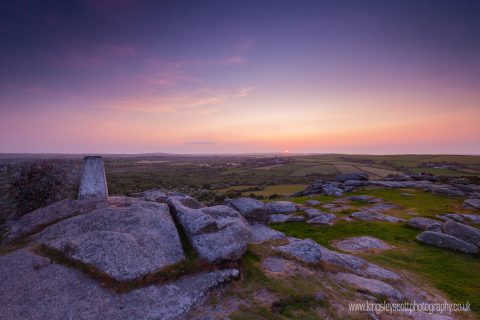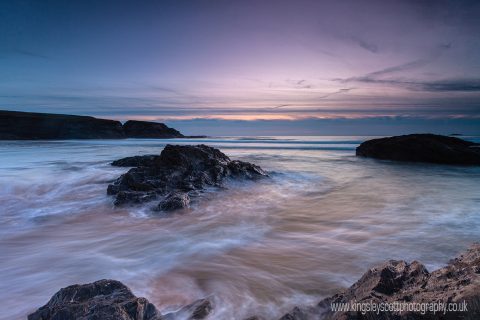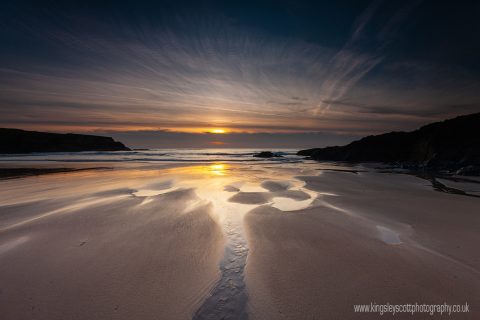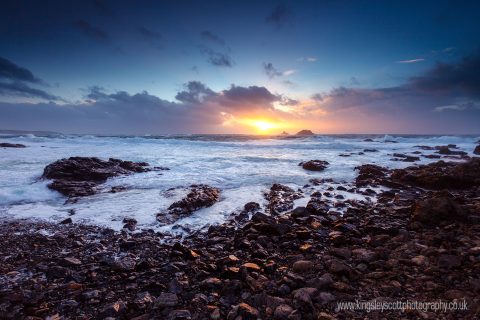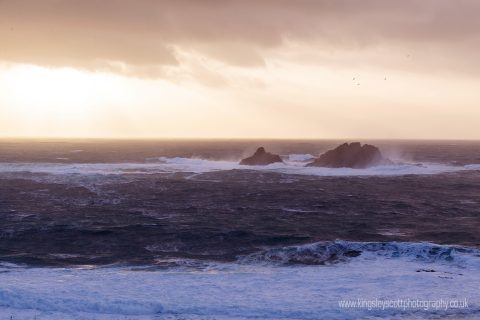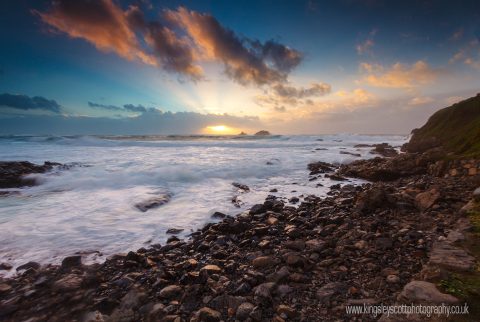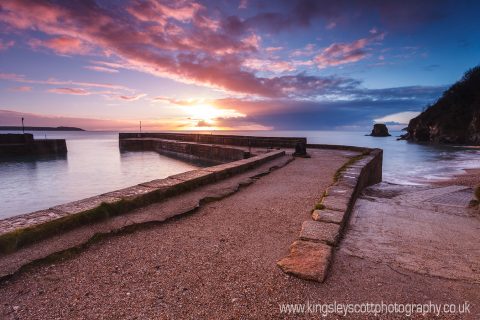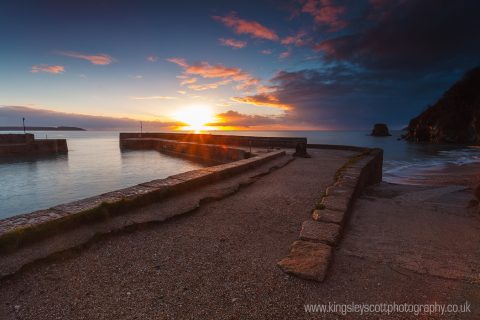If you are looking for a scenic and historic destination in West Cornwall, you might want to consider visiting Cape Cornwall. This is a small headland that juts out into the Atlantic Ocean, where two great bodies of water meet. Cape Cornwall is not only a stunning natural landmark, but also a place of cultural and industrial heritage.
Cape Cornwall was once thought to be the most westerly point in Cornwall, until the first Ordnance Survey in the early 19th century revealed that Land’s End was slightly further west. However, Cape Cornwall still retains its name and its significance as one of only two capes in the United Kingdom, the other being Cape Wrath in North West Scotland.
Cape Cornwall has a rich history that dates back to the Late Bronze Age, when pottery was found in burial cists on the headland. The area was also important in the Iron Age, as evidenced by the nearby cliff castle of Kenidjack. On the landward side of the Cape, you can find the remains of St Helen’s Oratory, a medieval chapel that replaced a 6th-century church. A font that may have belonged to this building is now installed in the porch of St Just church.
One of the most striking features of Cape Cornwall is the 19th-century chimney that stands at the peak of the headland. This is a remnant of the Cape Cornwall Mine, a tin mine that operated intermittently between 1838 and 1883. The chimney was preserved as an aid to navigation for ships and boats. The mine site was later used as greenhouses and wineries, until it was purchased by the H. J. Heinz Company in 1987 and donated to the nation.
Today, Cape Cornwall is owned by the National Trust and is part of the Cornish Mining World Heritage Site. You can enjoy a variety of coastal walks from the Cape, either to Sennen Cove to the south or Pendeen Watch to the north. You can also explore the small cove of Priest’s Cove, which has a pebble beach, rock pools and a tidal pool. The cove has been used as a landing place for local fishermen for centuries and is still in use today.
If you are feeling hungry or thirsty after your walk, you can visit the Little Wonder Café (not National Trust), which serves hot and cold drinks, cakes and snacks. You can also find public toilets and a car park (owned by the National Trust) at Cape Cornwall.
Cape Cornwall is a unique and beautiful place that offers something for everyone. Whether you are interested in nature, history or culture, you will find plenty to see and do at this remarkable headland.

